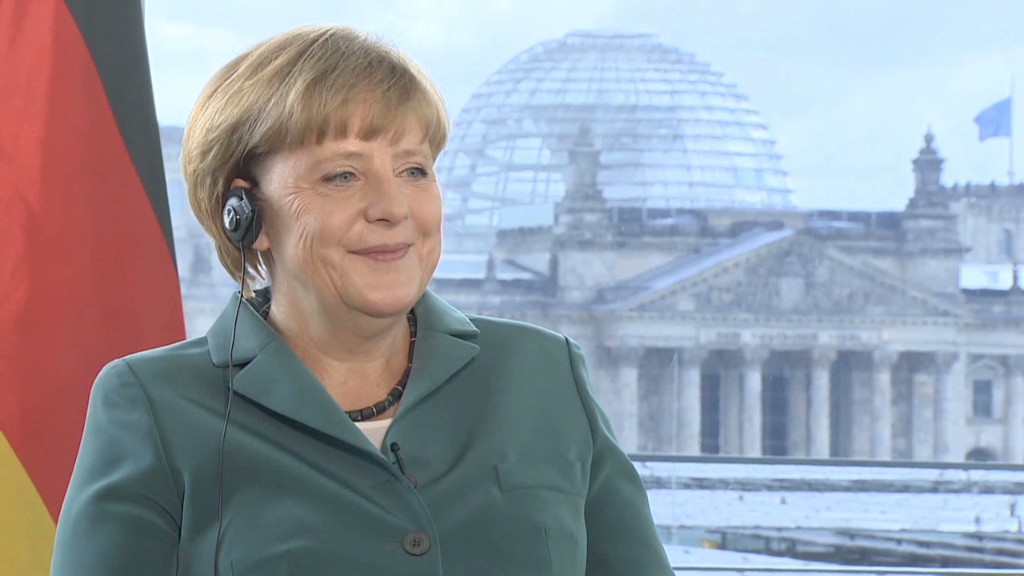
Greece's second bailout is slated to have a funding shortfall of roughly €11 billion over the next two years, according to the latest report from the International Monetary Fund.
The IMF projects there will be a €4.4 billion shortfall in 2014, rising to €6.5 billion in 2015.
While a funding gap was expected, this is the first time the IMF has clearly laid out what that gap will look like over the next few years.
"Every time in Greece, there's always some sort of financing gap. But then there's always a last-minute fudged agreement," said Stephen Pope, managing partner at the research consultancy, Spotlight Ideas.
Related: Recovering U.K. opens gap over Europe
There were concerns in June that a potential financing gap would keep Greece from receiving its next tranche of bailout money. However, the funding from eurozone partners and the International Monetary Fund went through as planned.
Greece has been struggling to get its recession-hit economy back on track for years and has required two bailout packages. The second international rescue package required that the country cut public-sector jobs and introduce economic reforms in order to continue receiving regular bailout payments.
The IMF's latest review of the situation in Greece also finds that European partners may have to consider granting Greece more "debt relief" than previously expected. That relief could come in the form of debt forgiveness, a cut to interest rates or extending debt maturities, explained an IMF spokesperson.
However, the prospect of Greek debt relief is especially unpopular in Germany, which is one of the key countries financing the bailout.

The European Commission, European Central Bank and IMF -- known as the troika -- regularly review the situation in Greece to ensure the country is following its bailout conditions and working toward improving its economic health.
Early last month, the IMF issued another report admitting that it bent its own rules to bail out Greece in 2010 in order to prevent much more serious damage to the eurozone and world economy.
In a detailed report on its handling of Greece's first €110 billion bailout, the IMF said assumptions about growth were too optimistic, private investors should have been forced to take losses much earlier, and that the rescue failed to meet one of four criteria -- a high probability of Greece having a sustainable debt burden in the medium term.


